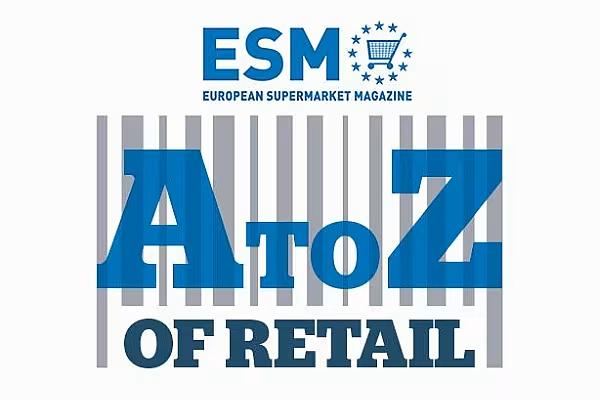ESM: European Supermarket Magazine is proud to launch 'The A-Z of Retail', a new subscriber-only series that offers a deep analysis of the retailers, suppliers and individuals making the news each week. Today: G is for GlaxoSmithKline.
When you replace almost half of your company’s top executives it’s no stretch to say that the 'times are a-changing'.
Such has been the case for the UK’s largest pharmaceutical company GlaxoSmithKline since it appointed a new CEO last April.
The company, which manufacturers Panadol, Sensodyne and a myriad of both OTC and specialised medical products, has undergone a major reshuffle among its top ranks ever since former L’Oreal executive Emma Walmsley took command.
Walmsley, who made history by becoming the first woman to head a major pharma company, replaced around 50 of 125 management staff during 2017 and brought in executives from the likes of Google, Novartis and Teva Pharmaceutical Industries.
Stretched Thin
She said that Glaxo had stretched itself too thinly in recent years, adding that she intends to terminate or divest over 30 drug-development programs and offload some 130 brands, while rejuvenating the firm’s R&D programmes.
"We will expect courage of decision making; accountability for results; the prioritising of people development, and effective teamwork," Walmsley said at the launch of the group's second quarter results last summer. "Expectations, of course, that have to start at the top of the house."
Under her leadership, the company plans to refocus on what it does well, such as treating respiratory diseases and focusing on HIV medication. A recent rumour is that the company might acquire asthma inhaler maker Vectura for a price of £1.2 billion, according to the Daily Telegraph.
African Divestment
One of Walmsley’s most impactful decisions has been to effectively abandon expansion plans in Africa, an arm of the company that was formed not even four years ago, by her predecessor Andrew Witty.
In 2014, Witty announced that Glaxo would invest up to £130 million in the continent and create at least 500 jobs, adding to its 1,500 employees on the continent, including manufacturing sites in Kenya, Nigeria and South Africa.
However, Glaxo said last week it will rely on external distributors for its operations in 29 sub-Saharan nations, which effectively means redundancies in the region, although no numbers have yet been given by the company.
The restructuring follows a decision by Glaxo last year to create new operating model for its African markets business to boost its competitiveness by cutting costs.
Expert estimates of forthcoming annual African drug sales have almost halved as a result of the withdrawal, from $45 billion to 2020, down to around $25 billion, according to the research company IQVIA.
While it is lessening its presence in some markets, in others the drugmaker is striding confidently ahead.
In December 2017, the company announced it was boosting its stake in its Saudi Arabian unit to 75% to reap the benefits from the kingdom’s plans to reform its healthcare sector under its 2030 plan.
The company plans to invest more than $240 million in its local operations over the next three years, growing production at its Jeddah manufacturing site by 30%, according to Reuters.
Under Walmsley's leadership, GSK appears to be seeking to reconfigure its portfolio and narrow its focus on areas it believes will drive future growth. Whether such pipeline investments will cheer the company's shareholders remains to be seen.
© 2018 European Supermarket Magazine – your source for the latest retail news. Article by Kevin Duggan. Click subscribe to sign up to ESM: The European Supermarket Magazine.














